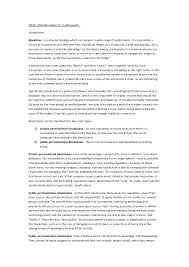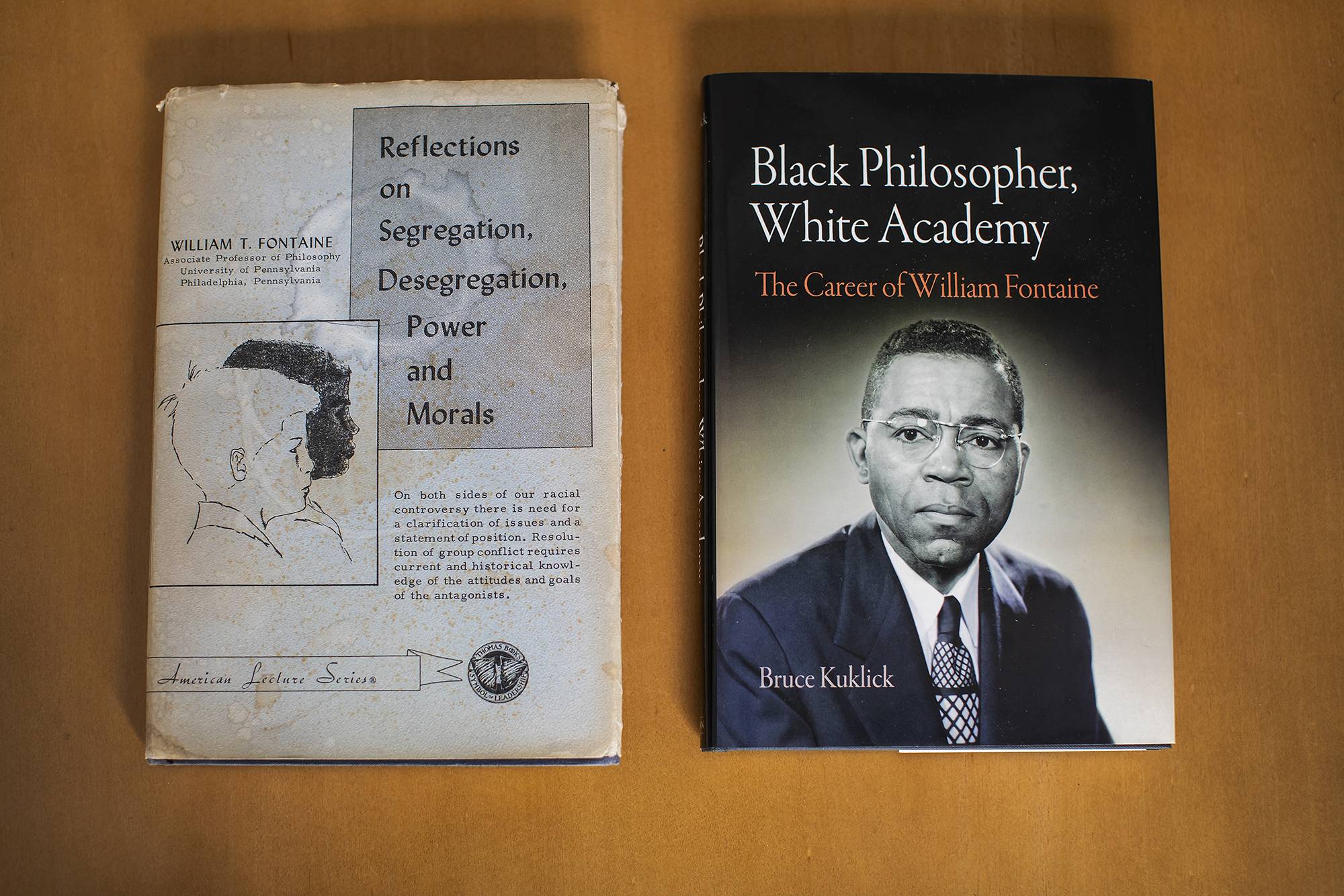The question, “Can you write in first person in a research-paper?” is a controversial one. Although some academic journals explicitly forbid it, you must always follow the guidelines set forth by your instructor or professor. Using the first-person point of view makes your writing sound more like an opinion than a scholarly work. It also reduces the flavor of your writing to feelings. However, it is an acceptable style for some types of academic writing, such as personal reflection and stating a position.
As long as you don’t use personal pronouns at the start of your sentences, you can safely switch to the first-person tense. Using third-person tense at the beginning of a sentence draws readers’ attention to the next sentence and can create confusion. In addition, academic writing requires consistency and clarity. First-person writing is becoming more acceptable under Modern English usage standards, and it is the best way to present your ideas. However, if you don’t know how to begin your essay or are unsure how to begin, consider hiring a research paper writing service to do the work for you. A professional research paper writing service can help you to write an effective paper that will earn you top marks and a high grade.
A good way to avoid first-person writing in a research paper is to find unbiased sources. It will give your paper a higher credibility, which will pay off in your grade. However, it can be difficult to avoid first-person writing altogether. While it can be difficult to get rid of it entirely, it is a valuable tool for expressing your own thoughts. This guide will help you navigate this tricky territory.
When writing in the first-person tense, you must be conscious of how the reader will read your writing. First-person writing can be helpful in providing guides or advice to an audience, but it should be avoided in research papers. You can use the second-person tense if your purpose is to help someone. The third-person tense is appropriate for scientific writing, but you should be cautious when integrating the third-person pronoun in your paper.
In conclusion, the best approach for writing a research paper is to stick to the rules set by your instructor. While some instructors prefer to follow the rules strictly, many instructors find valid reasons to break these rules. In addition to breaking old rules, using the first-person tense will improve your style. Using personal experience also adds authority and makes your work more interesting. So, do not worry if your professor tells you not to write in first person!
It is common practice for most scientists to use the third-person tense in their academic writing. This makes experiments more objective, because it removes the subjectivity associated with first-person pronouns. It makes work more universal and makes the work or experiment more accessible to everyone. And while first-person tense may be the more personal style, third-person tense is more appropriate in academic writing.
The use of first-person tense in scientific writing is controversial, but increasingly, more journals are encouraging authors to use this style in their papers. However, it is also important to keep in mind that third-person tense is used when you want to avoid ambiguity. If you are unsure about the proper usage of first-person pronouns, be sure to consult your target journal’s author guidelines and consult some recent articles published in the same field.
Although there are exceptions to this rule, it is generally recommended to avoid using the second-person tense in academic writing. It can feel more casual for formal writing and alienate readers who may not identify with your idea. Also, too many classrooms are overcrowded and the quality of education decreases. Overcrowded classrooms also mean long lines for groceries and no rehabilitation facilities. These circumstances make writing a second-person point of view inappropriate for scientific and academic papers.
If you do choose to write in the first-person tense in your dissertation, make sure you have enough references to back up your work. First-person pronouns are used more frequently in certain sections of a paper. The introduction, methods, and findings sections, for example, identify the author’s project. The discussion and conclusion sections, meanwhile, compare the author’s work to that of others.



